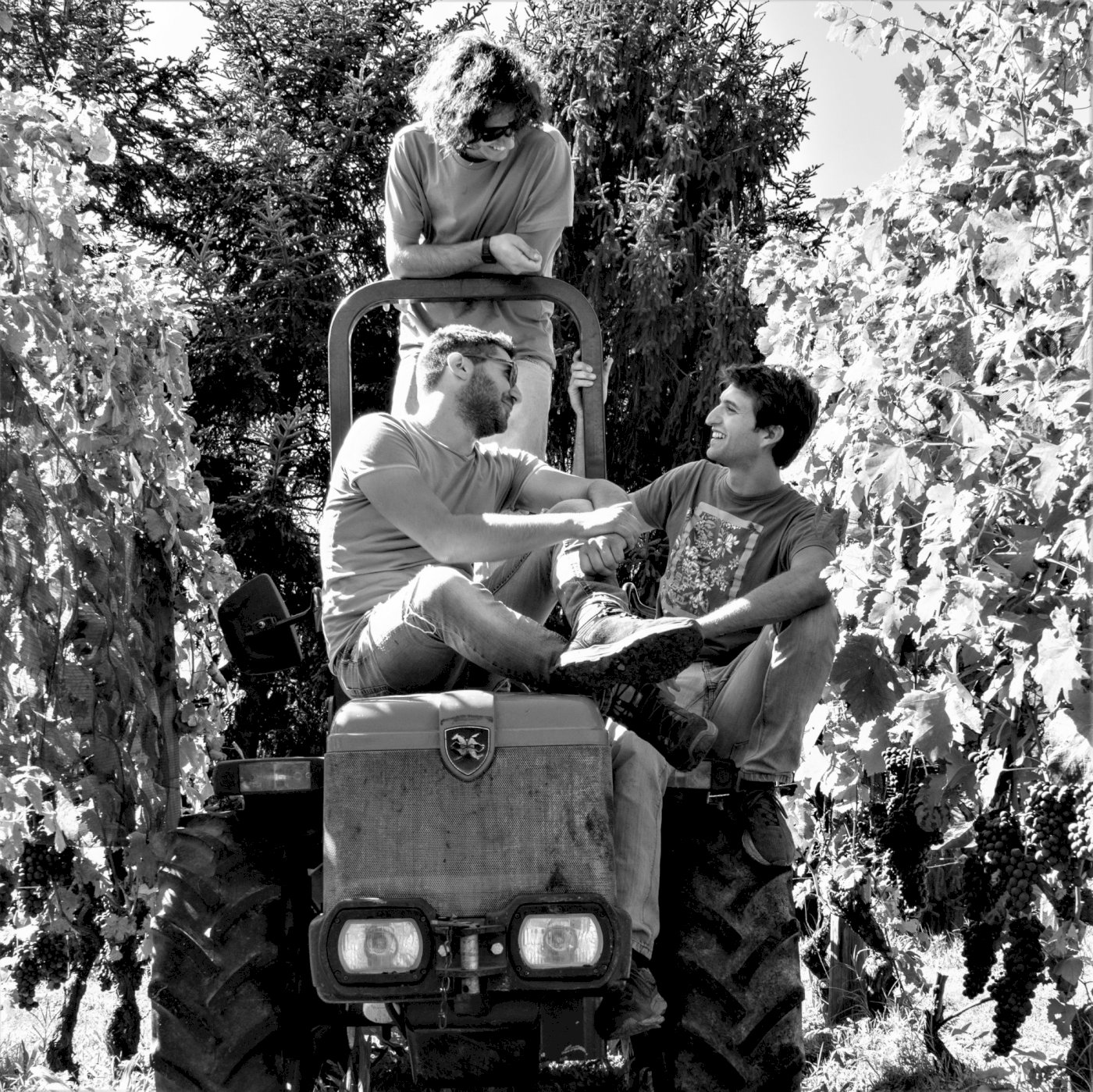
Bracci Rese
<p>Luca met the Braccia Rese team at Pro Wine in Germany. A small-scale Italian estate, Braccia Rese practices sustainable viticulture, often with organic or minimal-intervention approaches. Their wines include aromatic whites and light reds, frequently harvested by hand and fermented in stainless steel or neutral oak to maintain freshness. They may produce single varietals typical of their region, emphasizing clarity and varietal expression, though detailed methods are not widely documented.</p>
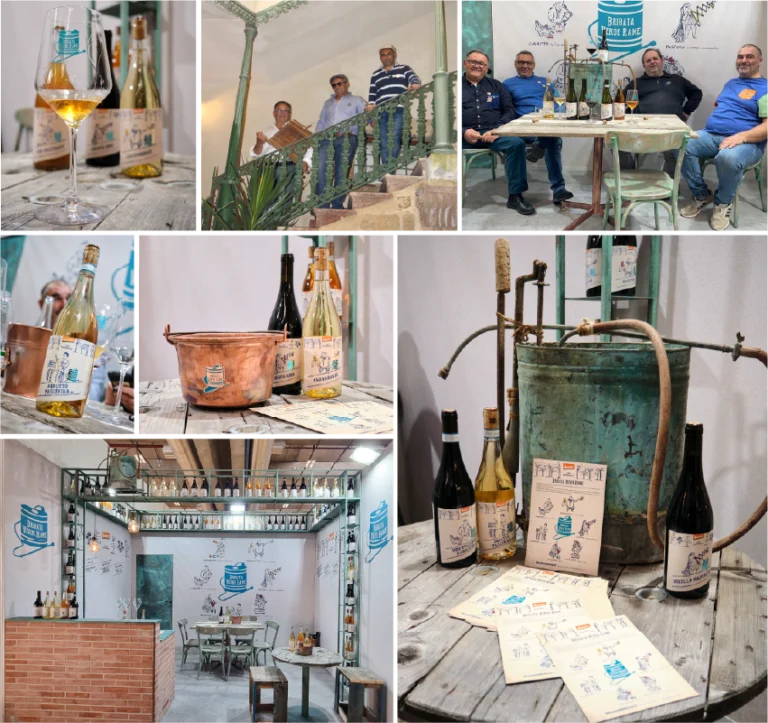
Brigata Verde Rame
<p>This winery appears to embrace eco‑friendly viticulture, as suggested by its name (“green brigade”). Likely focused on organic or natural production, with hand‑harvesting and low‑intervention fermentation using native yeasts. Wines are probably light and expressive, possibly pét‑nat or traditional method sparkling, though specifics aren’t publicly available.</p>
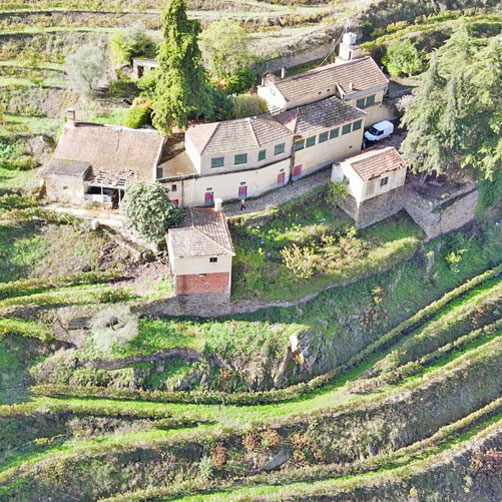
Cas’Amaro
<p>Based in Alenquer in the Lisboa region, Cas’Amaro produces organic wines that highlight Portugal’s native grape varieties and diverse terroirs. With vineyards spread across Lisboa, Vinho Verde, Douro, Dão, and Alentejo, the estate draws on regional traditions to craft expressive wines with a strong sense of place. Grapes are grown with organic, low-intervention practices and are often hand-harvested in the cool hours to preserve freshness. Whites are typically crisp and mineral, made from grapes such as Arinto, Antão Vaz, Verdelho, and Alvarinho. Reds lean toward structure and richness, using Touriga Nacional, Alicante Bouschet, and Trincadeira, with careful oak ageing in some regions. Across the portfolio, Cas’Amaro balances modern cellar techniques with traditional methods to produce vibrant, terroir-driven wines that express Portugal’s winemaking heritage</p>
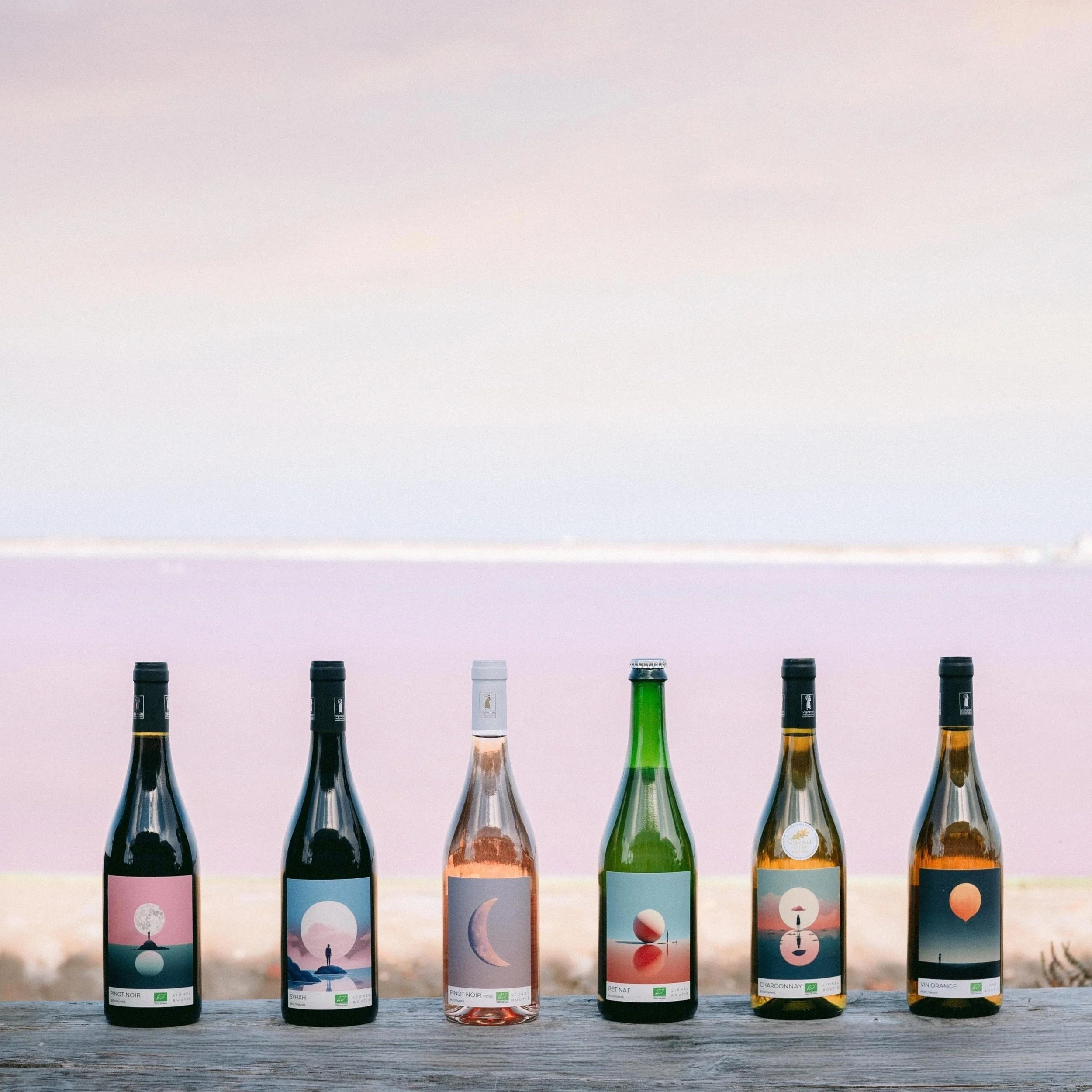
Domaine Ricardelle de Lautrec
<p>Situated in Languedoc (Coursan), this 45‑hectare estate has practiced organic viticulture since 1999 and is certified organic (ECOCERT) and Biodynamic (Demeter) since 2022. They employ biodynamic preparations and follow lunar rhythms in the vineyard. Grapes are harvested at optimal maturity, with cold vinification for whites and extended fermentation for reds. Many wines are made with indigenous yeasts and minimal or no added sulfur, especially in their “Nature” range. They produce single‑varietal whites (Chardonnay, Sauvignon, Viognier, Muscat) and reds (Pinot Noir, Syrah, Cabernet, Merlot, Caladoc), as well as pét‑nats and rosé.</p>
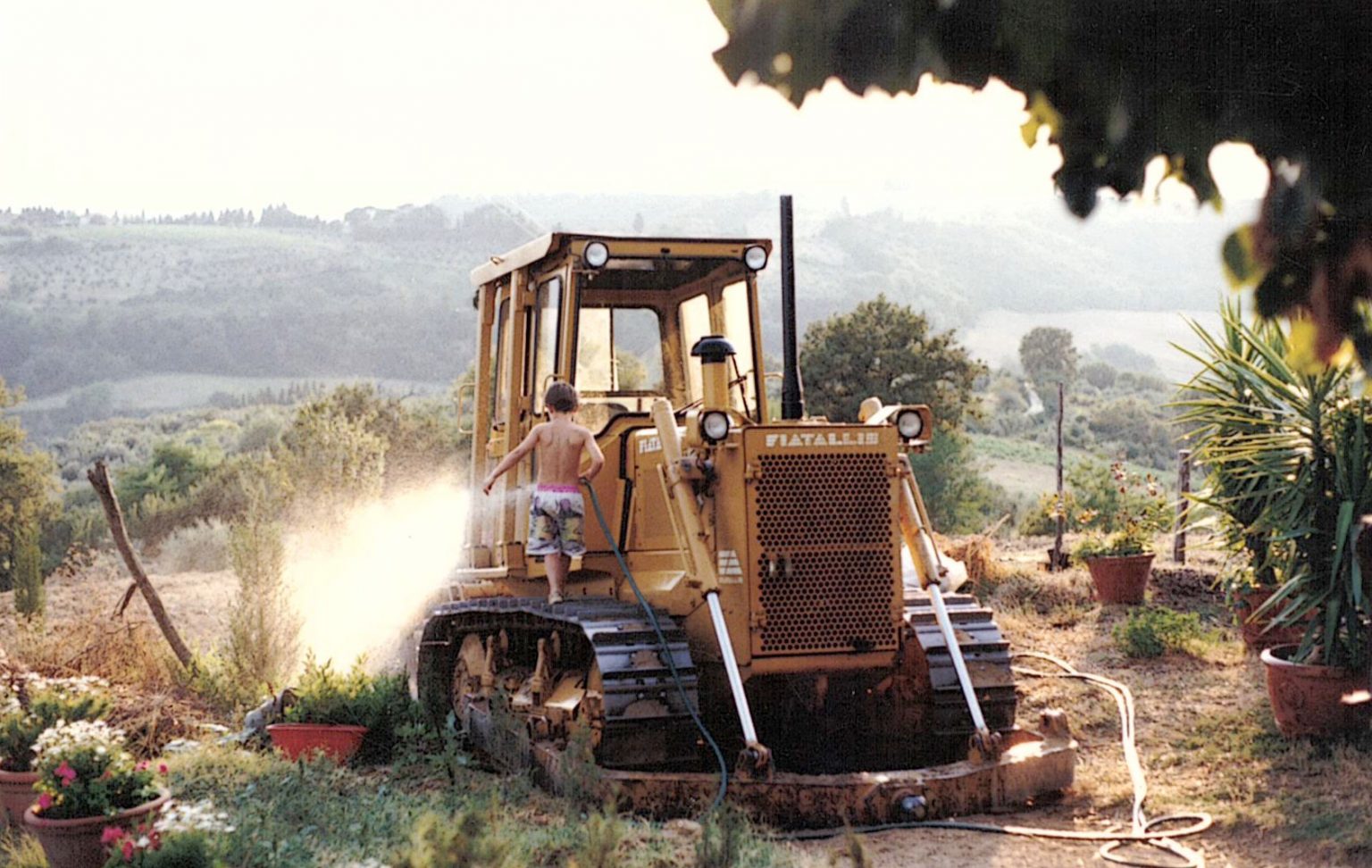
Fattoria Le Masse
<p>An Italian estate reputed for biodynamic or organic practice in Tuscany (e.g. near Montecucco), Fattoria Le Masse grows Sangiovese and other local red varietals. They ferment with natural yeasts, sometimes in amphora or concrete, and age wines in large oak casks. The wines tend to be elegant, mineral‑driven red blends, with a focus on freshness and terroir.</p>
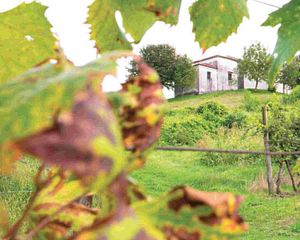
Gleni Wines
<p>The Gleni Wines is a family-owned winery with a long history of 90 years. The company was founded by Angelo Mosolo and after that it was managed by his son Gleni Mosolo. Their experience is passed on to the current head of the company Michele Mosolo. The family tradition of winemaking benefited from the involvement of each member of the Mosolo family. Each one contributed in a special way by adding their own expertise and understanding of the contemporary needs of the wine lovers. The generational wisdom of the family makes sure that the wine produced by this company has a peculiar character that demonstrates the specialty of the Colli Orientali del Friuli area of Italy.</p>
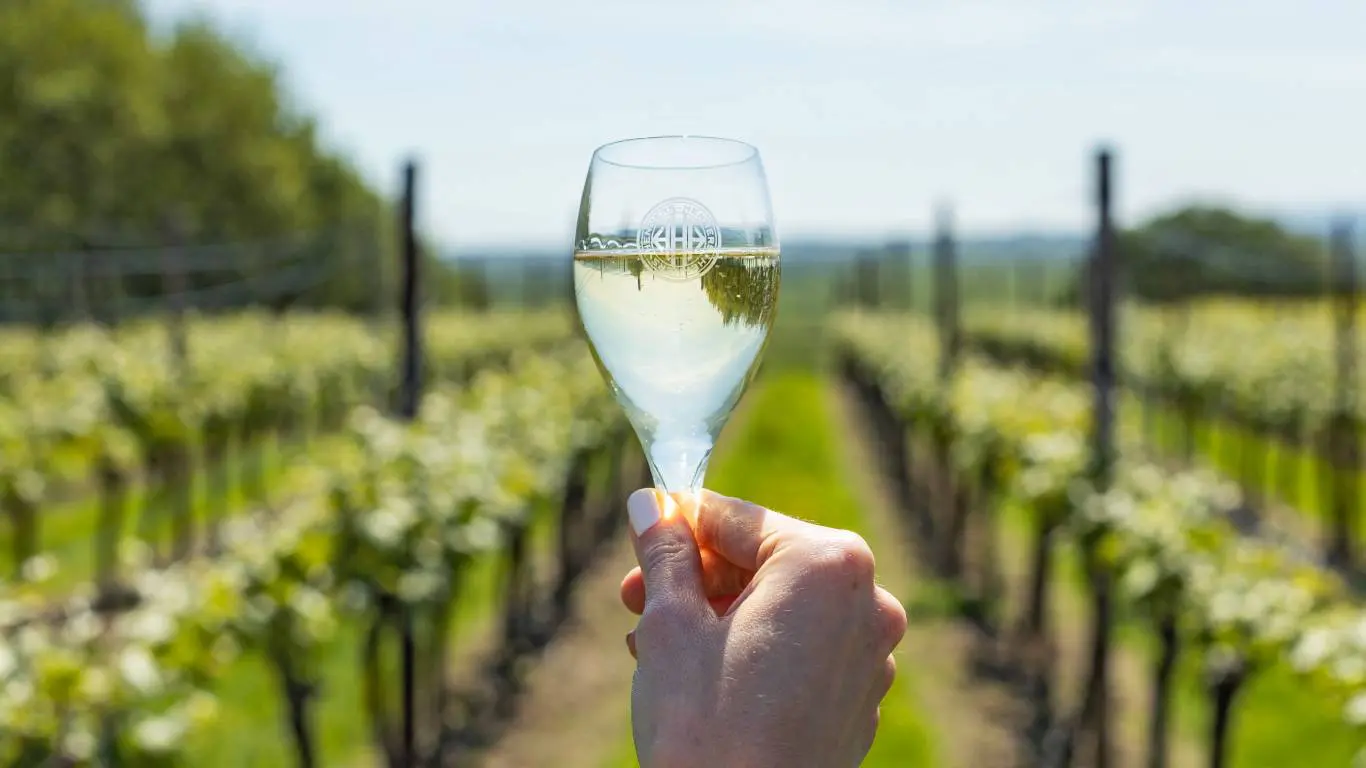
Henners
<p>Henners is a Sussex-based estate in England known for organic sparkling wines. They use traditional and Charmat methods, with hand‑picked grapes (Chardonnay, Pinot Noir, Pinot Meunier). Fermentations include bottle or tank secondary fermentation, with aging on lees in bottle for depth. Wines are crisp, fine-bubbled, and reflect chalky English terroir.</p>
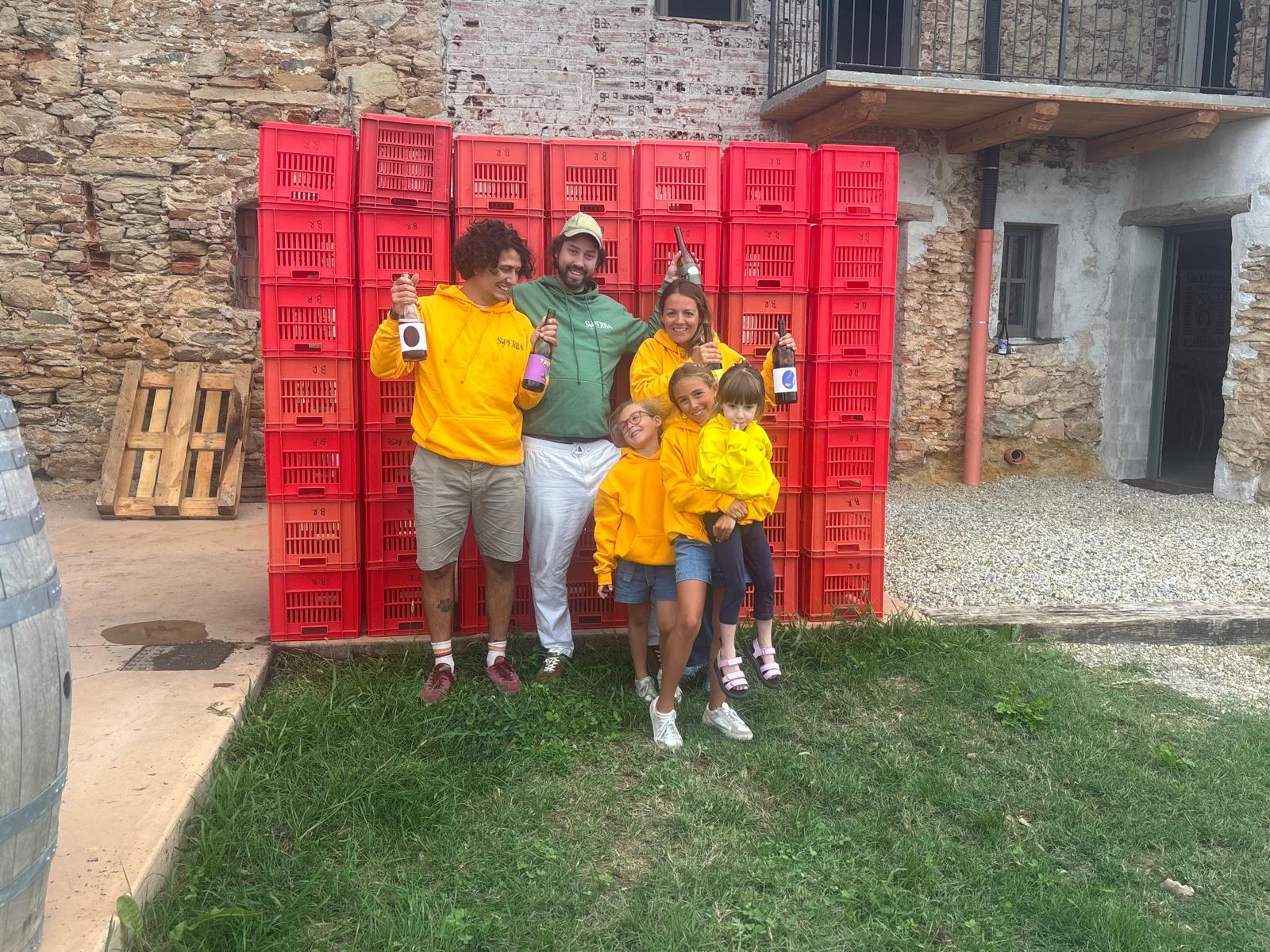
Poderi Cellario
<p>Poderi Cellario is a natural wine producer in the Langhe region of Piedmont, Italy, run by the Cellario family for three generations. They farm a diverse 30 hectares of land, cultivating indigenous grape varieties like Dolcetto, Barbera, Nebbiolo, and Nascetta, using biodynamic farming practices and focusing on unfiltered, unfined wines with minimal or no added sulfites. Their wines are known for being fresh, light, and fun, including Pet Nat sparkling wines and skin-contact orange wines, though they also produce rich Nebbiolo and Amphora-aged wines.</p>
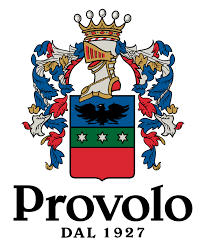
Provolo
<p>An historic winery in Soave/Garda area of Italy, Provolo produces Valpolicella and Soave wines. They grow Garganega for white Soave and Corvina, Rondinella, Molinara for Valpolicella and Amarone. Fermentation is traditional in steel and wood, with appassimento drying for Amarone. They produce dry whites, light reds, Amarone and Recioto, combining local tradition with modern cellar controls.</p>